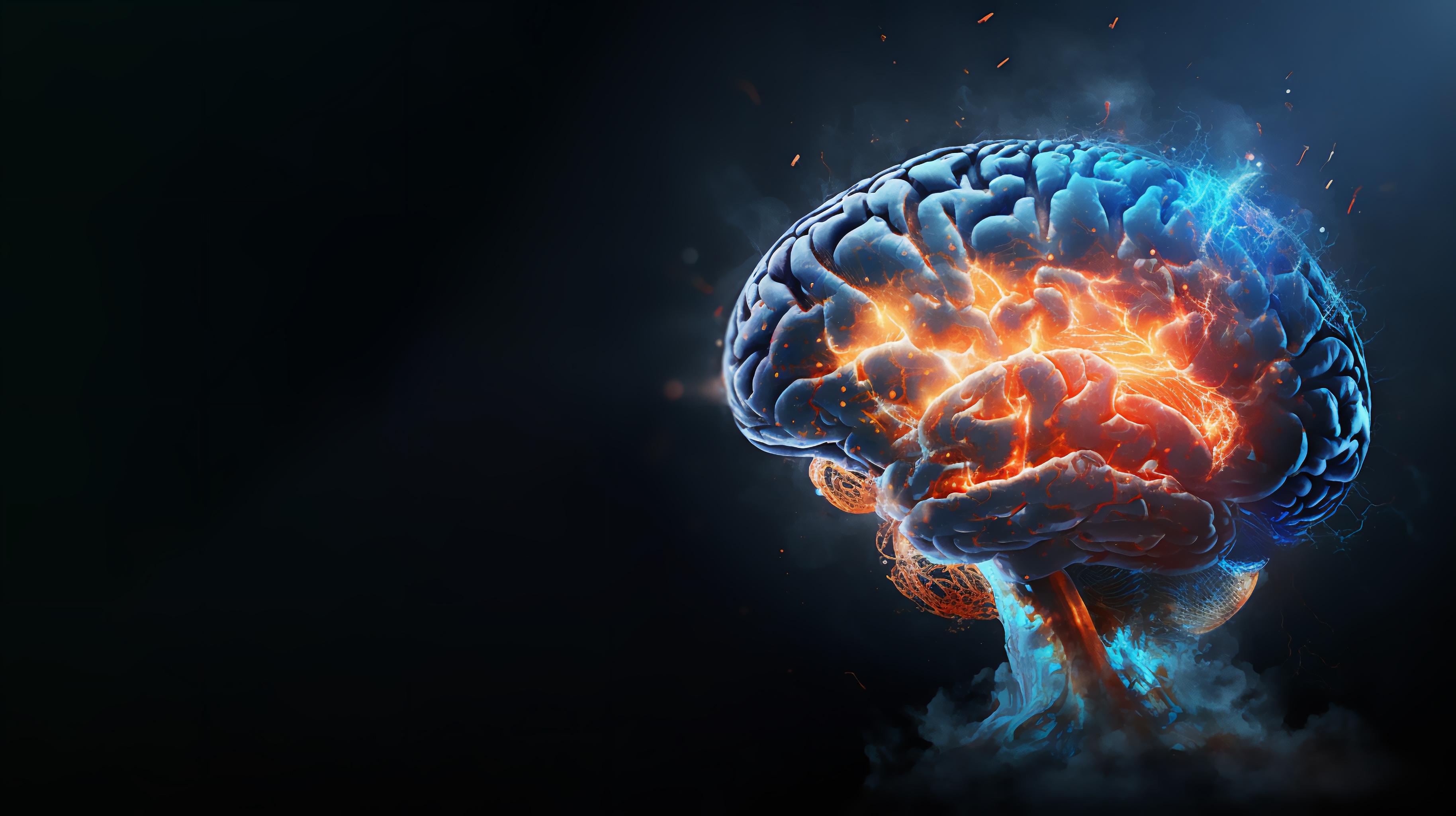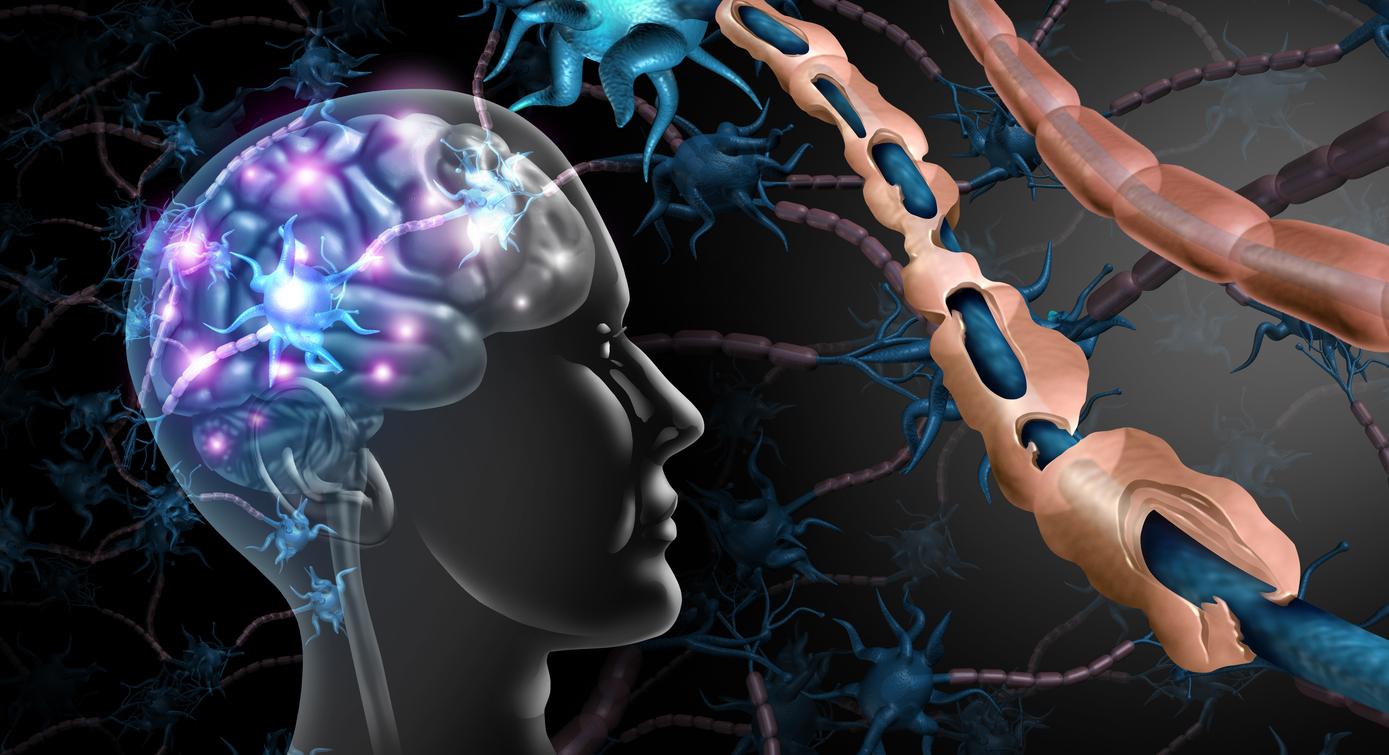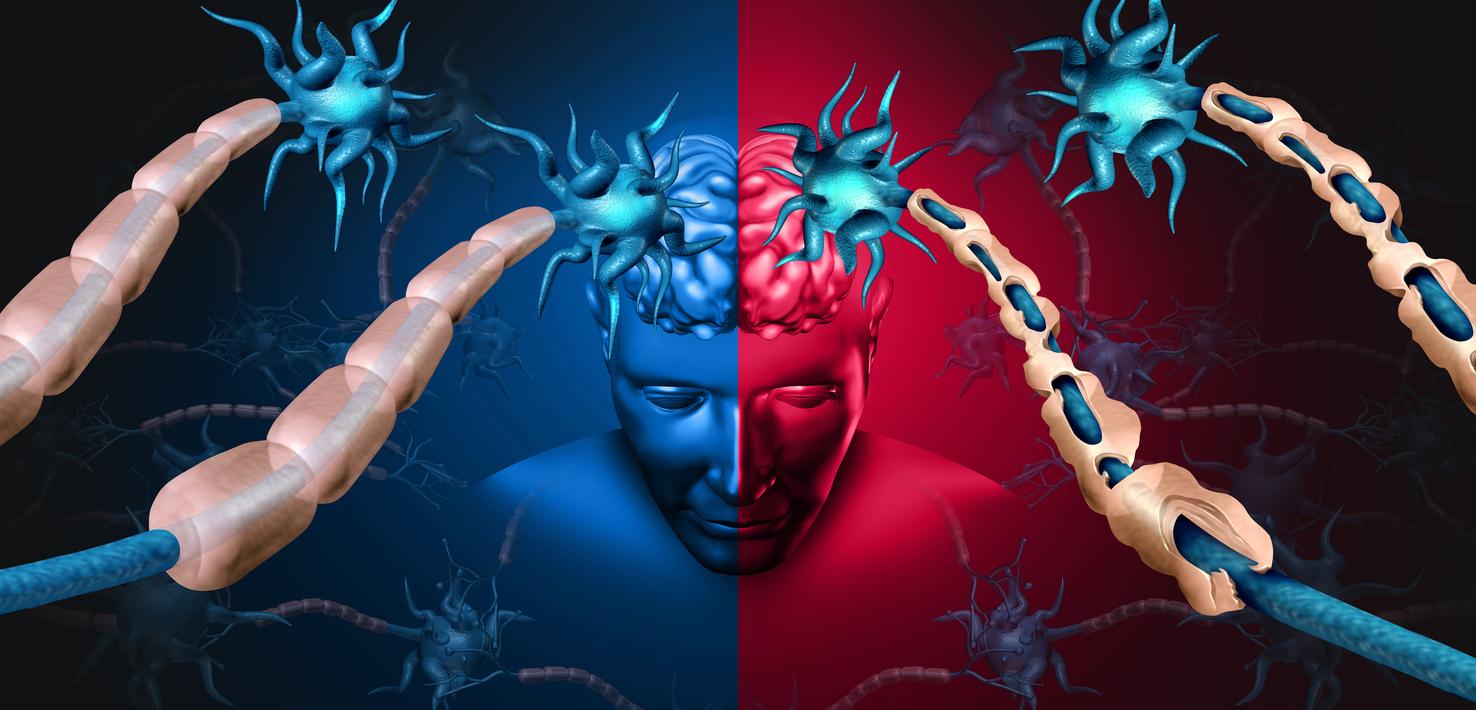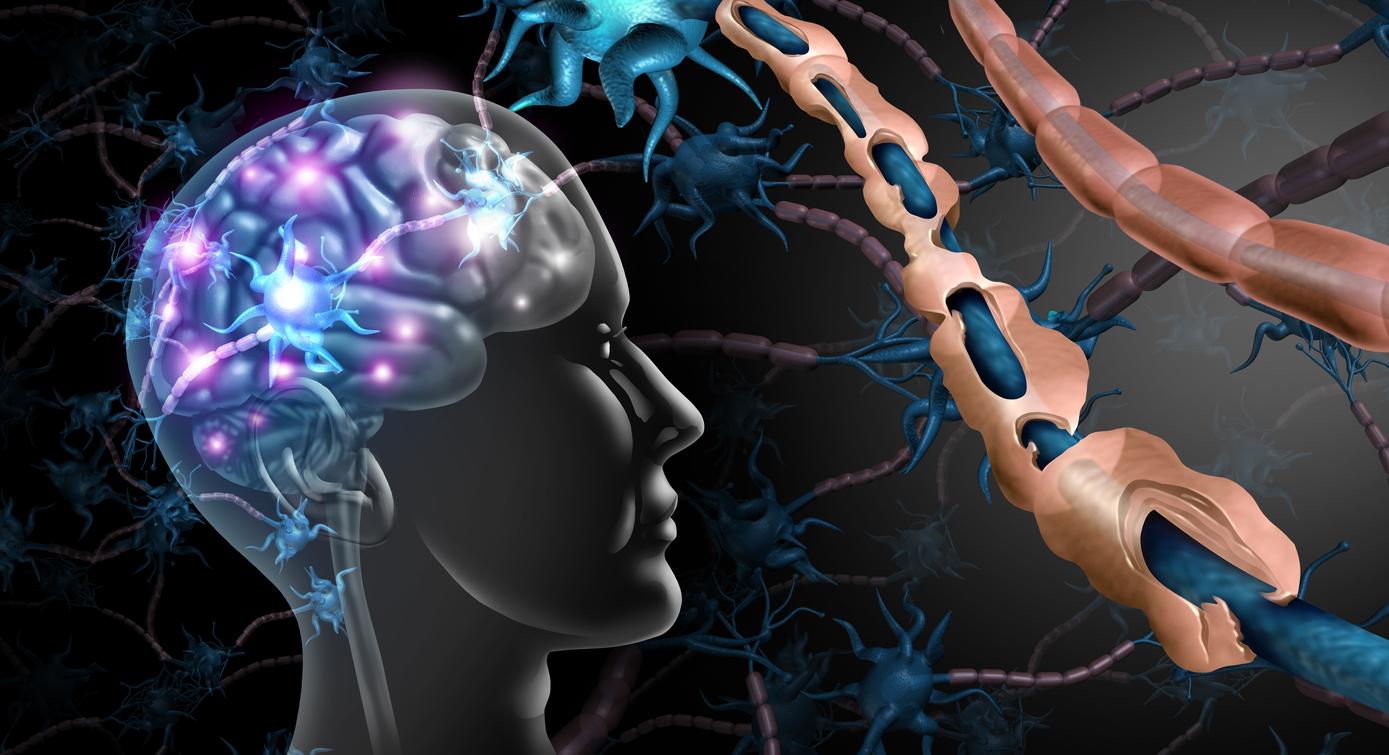Fatigue is one of the symptoms of multiple sclerosis (MS), which can hamper the daily life of patients. A new study led by German researchers and published in the journal Neurology: Neuroimmunology & Neuroinflammation, demonstrates the benefits of transcranial magnetic stimulation.

In France, nearly 80,000 people suffer from multiple sclerosis, this chronic disease of the central nervous system. Among the main symptoms, visual disturbances, tingling, numbness, tremors, loss of balance or even muscle spasms and contractures. ButMultiple sclerosis patients also experience abnormal fatigue.
Fatigue, a disabling symptom
Multiple sclerosis is considered, in France, to be the leading cause of severe non-traumatic disability in adults. According to German researchers from the‘study, published in the journal Neurology: Neuroimmunology & Neuroinflammation, sufferers consider fatigue to be one of the most troublesome symptoms of the disease.
Because it plays on everyday life, work, social life. Many sick people stop working. In addition, there is no real treatment to cure fatigue.
Transcranial magnetic stimulation as a solution
33 people with multiple sclerosis participated in the study. All said they were very tired. Three times a week, and this for six weeks, each person benefited from transcranial magnetic stimulation sessions.
Transcranial magnetic stimulation involves placing a magnetic coil next to the brain to stimulate certain areas of the brain. The coil in question generates a magnetic current. For the study, the stimulated areas were those that play a major role in fatigue related to multiple sclerosis. As the sessions progressed, participants were asked to complete a questionnaire. Result: their feeling of fatigue is reduced.


.















